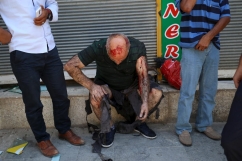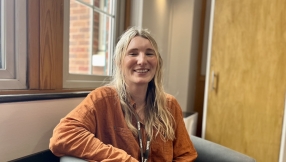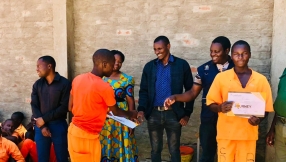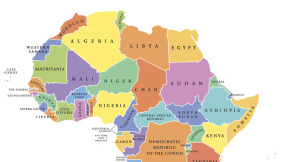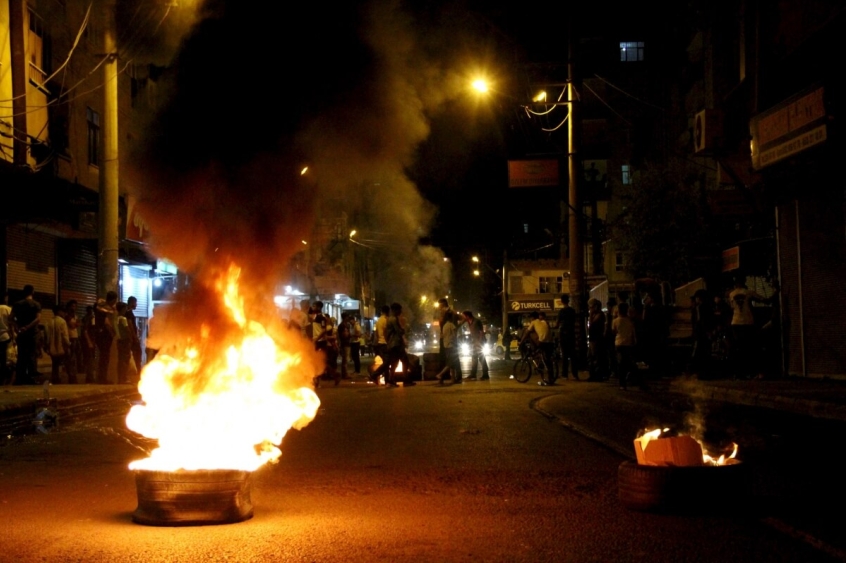
Turkish police detained at least 11 people overnight as anti-government protests following a suicide bombing blamed on Islamic State turned violent in Istanbul and other cities.
Two police officers were found dead, shot in the head, in a house in the southeastern city of Sanliurfa on Wednesday, security sources said, though it was not immediately clear if their killing was related to the wider disturbances.
Protests erupted in a dozen or so neighborhoods in Istanbul late on Tuesday, as well as cities in the predominantly Kurdish southeast, after Monday's bombing in the Kurdish town of Suruc near the Syrian border, which killed 32 people.
Turkey's NATO allies have expressed concern about control of the border which in parts runs directly parallel with territories controlled by Islamic State. Some 1.8 million Syrian refugees live on the Turkish side and smuggling is rife.
Many of Turkey's Kurds and opposition supporters suspect President Tayyip Erdogan and the ruling AK Party of covertly backing Islamic State against Kurdish fighters in Syria, something the government has repeatedly denied.
"Murderer Islamic State, collaborator Erdogan and AKP" some of the protesters chanted as they marched down a major shopping avenue in Istanbul's Kadikoy neighborhood, before police fired tear gas and water cannon when they refused to disperse.
There were also protests overnight in the capital Ankara, where demonstrators carried pictures of those killed in the Suruc attack as well as banners of the youth federation of which many of the victims were members.
Prime Minister Ahmet Davutoglu on Tuesday rejected accusations that Turkey had tacitly supported Islamic State and had unwittingly opened the door to the bombing. He has said, however, that initial evidence suggests Islamic State was responsible for the attack.
REBUILDING KOBANI
The blast tore through a group of university-aged students, led by the Federation of Socialist Youth Associations, as they gathered in Suruc ahead of a planned trip to help rebuild the nearby Syrian Kurdish town of Kobani.
They had hoped to bring toys to children and help rebuild playgrounds and a library destroyed during a months-long siege by Islamic State.
Investigators said TNT was used as the explosive and have not yet been able to determine the identity of the bomber due to the condition of his or her remains, CNN Turk said.
The opposition Peoples' Democratic Party (HDP), whose base support is Kurdish, has called for supporters to converge in Istanbul for a mass rally on Saturday. Investors, already unnerved by protracted coalition negotiations after a June 7 poll deprived the AK Partyof a majority, are nervous the march could weaken Turkish assets further.
Kobani was attacked again by Islamic State in June and has been a rallying point for Turkey's Kurdish minority, enraged by what they see as the Turkey's refusal to intervene in a conflict playing out right on its border.










